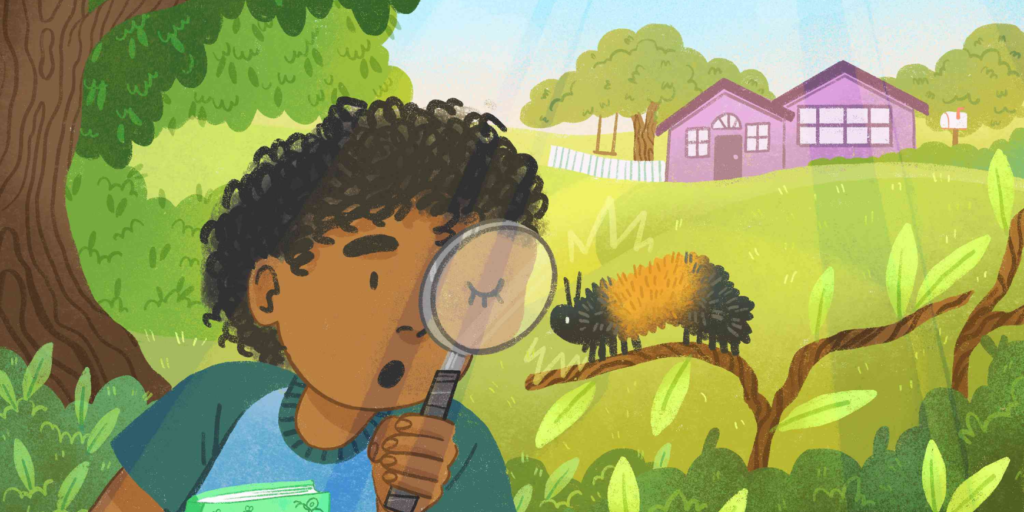Nature plays a crucial role in improving children’s mental health in various ways. Here’s how:
Stress Reduction:
Spending time in natural environments has been shown to reduce stress levels in children. The soothing sights, sounds, and smells of nature have a calming effect, helping to lower cortisol levels and promote relaxation.
Anxiety Relief:
Nature provides a tranquil and non-threatening setting where children can escape the pressures of everyday life. This respite from the demands of school and other responsibilities can help alleviate anxiety and worry.
Enhanced Mood:
Exposure to nature triggers the release of endorphins, the body’s “feel-good” hormones. This natural mood enhancement can lead to increased happiness and a more positive outlook on life.
Attention Restoration:
Natural settings engage a different type of attention called “soft fascination.” This form of attention is less mentally draining and allows the brain to recover from the cognitive demands of everyday tasks, improving focus and concentration.
Reduced Symptoms of ADHD:
Nature’s calming effects are particularly beneficial for children with Attention Deficit Hyperactivity Disorder (ADHD). Outdoor activities can help reduce impulsivity, increase attention span, and decrease hyperactivity.
Self-Esteem Boost:
Achieving small goals in nature, such as climbing a hill or crossing a stream, can boost a child’s sense of accomplishment and self-esteem. Overcoming challenges in nature reinforces their belief in their abilities.
Social Interaction:
Nature offers an informal and less structured environment for children to interact with peers. This can facilitate social connections, foster teamwork, and improve communication skills.
Mindfulness and Presence:
Being in nature encourages mindfulness, helping children become more aware of their surroundings and present in the moment. This practice can reduce rumination and excessive worrying.
Coping Skills:
Nature provides a space for children to process emotions and develop healthy coping mechanisms. It encourages reflection and self-expression, allowing them to work through their feelings.
Cognitive Benefits:
Nature exploration stimulates curiosity and critical thinking. It encourages children to observe, ask questions, and make connections, which supports their cognitive development.
Sensory Stimulation:
Natural environments engage multiple senses, providing rich sensory experiences that can be soothing and therapeutic. This is particularly beneficial for children with sensory processing difficulties.
Resilience Building:
Navigating nature’s challenges, such as uneven terrain or unpredictable weather, helps children develop resilience and adaptability. They learn to cope with uncertainty and setbacks.
Incorporating nature into a child’s routine doesn’t have to be complicated – it can involve activities like nature walks, picnics, gardening, or simply spending time in a local park. By fostering a strong connection to nature, parents and caregivers can contribute significantly to improving children’s mental health and overall well-being.

